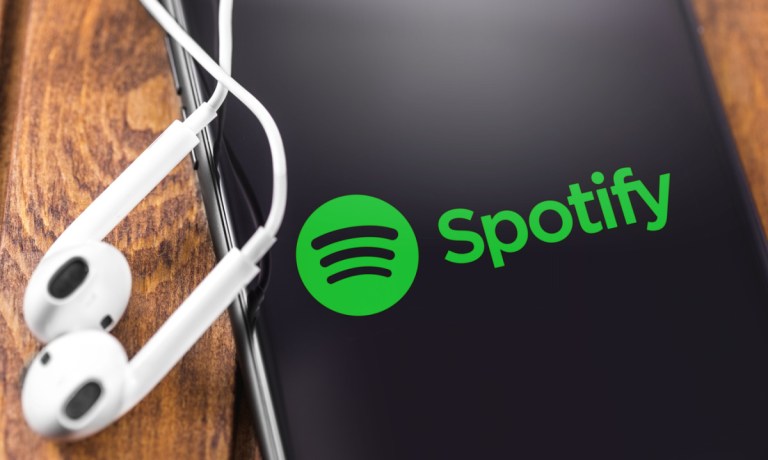Spotify Dubs 2024 ‘Year of Monetization’ as Subscribers Surge 14% in Q1

Spotify is tuned in to upbeat earnings outcomes, marking a robust beginning to its designated “year of monetization” after a standout performance in 2023 characterized by significant revenue growth, margin expansion, and enhanced efficiency.
First-quarter earnings released on Tuesday (April 23) showed significant increases across key metrics, with monthly active users (MAU) surging by 19% year-over-year to 615 million and subscribers rising by 14% to 239 million — record user growth in the streaming giant’s history. Additionally, total revenue soared by 20% year-over-year to 3.6 billion euros ($3.8 billion), with gross margin reaching 27.6% and operating income improving to 168 million euros ($179.8 million).
These increases come in the wake of a 17% workforce reduction in December, a move acknowledged by Spotify founder and CEO Daniel Ek, as “more disruptive than anticipated” but “the right strategic decision” for the company.
This cost-trimming strategy has been complemented by price adjustments, which the company attributed to playing a significant role in its 11% year-over-year revenue growth in Q3 last year.
Recent reports indicate that the company is preparing to implement another round of price hikes, with increases of $1 per month for individuals and $2 per month for duos and families. These adjustments are slated to roll out in five markets later this month, followed by implementation in the U.S. later this year.
While management did not officially confirm these plans, it highlighted the substantial value enhancements across Spotify’s music, video, and podcasting platforms over the past two years — including an expanded library of over 100 million music tracks, which has led to an additional 2.5 hours of usage on the audiobook side — as justification for considering any adjustments as reasonable.
“And that’s also why you saw us having a healthy guidance on the subs [subscriber] number too,” Ek said, “because we think consumers like what they’re seeing from Spotify. They love the offering and they feel that the value that they’re getting is more than fair.”
Competitive pricing strategies have further led to the expansion of Spotify’s audiobook offerings, with the introduction of a $9.99 Audiobook Subscription Tier in March, following the initial rollout of audiobooks for its Premium subscribers last November. Building upon this approach, management hinted at upcoming launches of similar offerings, including a music-only tier, with the aim of giving consumers “as much flexibility … as possible to pick whatever plan they feel offers the best value to price ratio for them.”
In a stride toward diversifying its content offerings beyond music, podcasts and audiobooks, the streaming company has also ventured into video-based learning following interest from a considerable portion of Spotify Premium subscribers in educational and self-help-themed podcasts. Executives said the early test rollout in the U.K., launched earlier this month, remains a huge potential opportunity for the company, and will see additional tools added to facilitate communication for educators, not only through audio but also via video.
“Long term, education remains a massive opportunity,” Ek said, “and the internet should be poised to create unparalleled user experience where some of the world’s best educators and creators and storytellers should be able to help lots of consumers.”
Looking forward, Spotify said it remains focused on revenue acceleration while improving our bottom line: “Next year, our focus may return to top out of the following user growth, but in the near term, monetization remains our top priority. Bottom line, we are really good at pivoting our attention when it makes sense,” Ek said.